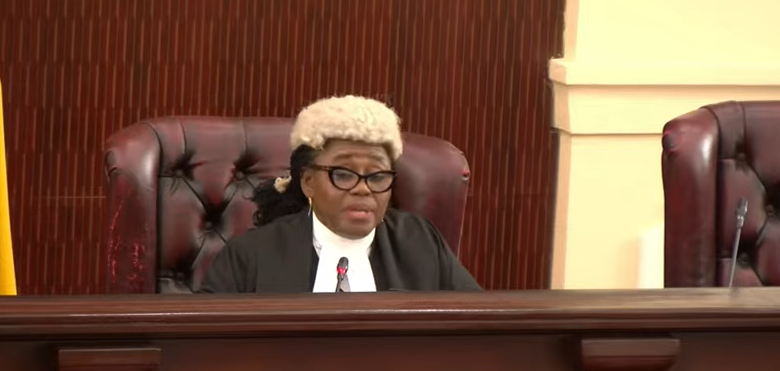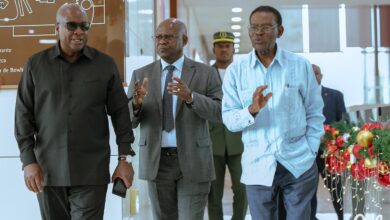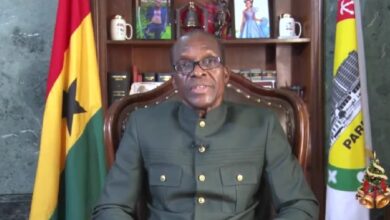Vacant Seats Controversy: Supreme Court Pushes Judgment to November 11
The Attorney General (AG) objected to Speaker Bagbin’s use of private attorney Thaddeus Sory, claiming it was unlawful due to a lack of prior approval from the Public Procurement Authority (PPA)

- The Supreme Court has adjourned its ruling on the Afenyo-Markin case regarding four vacant parliamentary seats
- The Attorney General challenged Speaker Bagbin's use of private counsel
- The case raises critical questions about the separation of powers
The Supreme Court has postponed its judgment on the contentious case regarding four vacated parliamentary seats to November 11, 2024. This case was initiated by Majority Leader Alexander Afenyo-Markin against Speaker of Parliament Alban Bagbin.
During the latest proceedings, the Attorney General (AG) objected to Speaker Bagbin’s use of private attorney Thaddeus Sory, claiming it was unlawful due to a lack of prior approval from the Public Procurement Authority (PPA).
The AG cited a December 2022 letter from the PPA that rejected a request from the Speaker’s office to hire external legal representation, insisting that the Speaker should instead utilize the AG’s department for legal matters.
This hearing follows the Supreme Court’s dismissal of the Speaker’s motion aimed at overturning an earlier ruling that temporarily invalidated Bagbin’s declaration of the four seats as vacant.
The dispute centers on Speaker Bagbin’s assertion that four parliamentary seats were vacant, based on his interpretation of Article 97(1)(g) of the Constitution.
This decision has sparked considerable legal and political controversy, prompting Afenyo-Markin to file a suit against the Speaker.
Afenyo-Markin argues that the Speaker overstepped his authority by declaring the seats vacant without judicial oversight or the possibility of by-elections. The Supreme Court responded by issuing an interim injunction, temporarily halting the Speaker’s ruling.
In an effort to challenge this decision, Speaker Bagbin sought the Supreme Court’s permission to affirm his declaration of vacancy.
Bagbin’s lawyer, Thaddeus Sory, contended that the Supreme Court does not have the authority to intervene in parliamentary matters, arguing that the Speaker’s rulings are non-judicial.
However, Chief Justice Gertrude Torkornoo dismissed Bagbin’s application, affirming the Court’s right to intervene when parliamentary decisions may violate constitutional provisions. She emphasized the potential harm to constituents who risk losing their representation ahead of Ghana’s upcoming December 7 general elections.
As both parties prepare for the Supreme Court’s ruling on November 11, the AG’s objections regarding the Speaker’s legal representation remain a focal point, raising critical issues about the separation of powers, the limits of parliamentary authority, and the judiciary’s role in overseeing constitutional interpretations within Parliament.





